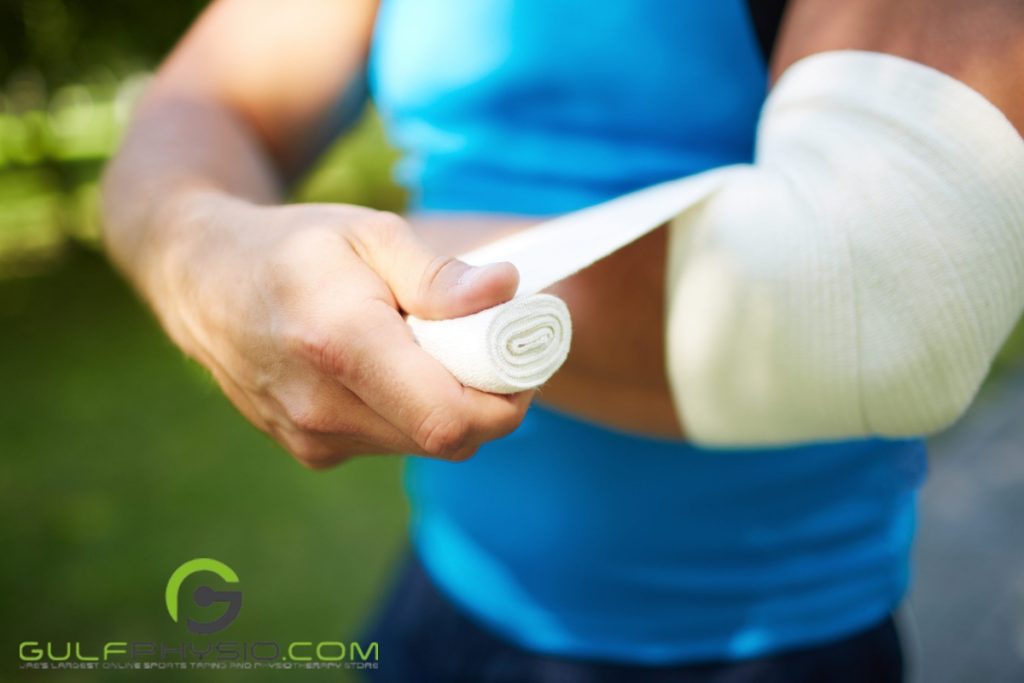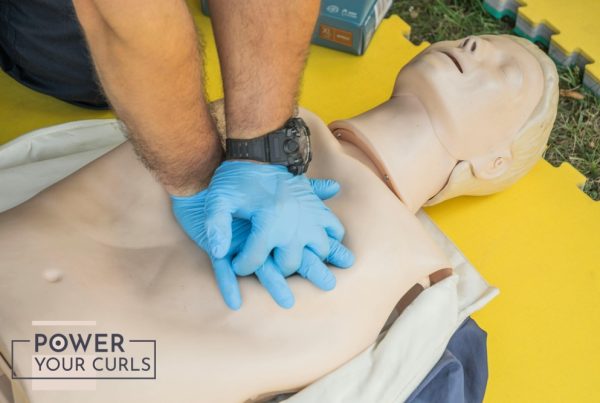
Playing a game of rugby, cricket, or tennis is an amazing source of exercise. Any sport can be a full-fledged lifestyle for several people. However, there are some complications in the long run. Over time, even with safeguards, any player can sustain an injury. Typical injuries include elbow, arm, & shoulder injuries.
That’s where physiotherapy comes into play. If you want to keep playing the game, plan. In a previous article, we talked about calf & shin injuries. It’s time to show you the elbow, arm, & shoulder injuries that can be treated with physiotherapy.
The Elbow, Arm, & Shoulder Injuries Treated by Physiotherapy
Elbow Injuries

The elbow is the central midpoint of your arm. It connects your forearm and hand to your shoulder and the rest of your body. This joint even has a vital role in your hand movements. It rotates your hand like when you need to open a doorknob.
You use your elbows every day. Even with that fact, there are no muscles in this area to protect them. It makes them vulnerable to injuries like the ones below. Luckily, physiotherapists can help alleviate all these injuries:
- Elbow Bursitis (Olecranon Bursitis)
- Elbow Fractures
- Golfer’s Elbow (Medial Epicondylitis)
- Osteoarthritis of the Elbow
- Tennis Elbow (Lateral Epicondylitis)
Arm Injuries

Your arms help with balance when you walk or run on any terrain. They sustain a steady pace and transfer your energy to your legs. Your arm muscles are responsible for small (fine motor) and large movements. Since you use them all the time, you can experience an overuse injury to the arms.
If you have any of the following arm injuries, you can consider adding physiotherapy to aid your healing process:
- Bicep Muscle Tear
- Biceps Tendinopathy
- Humerus Shaft Fracture
- Proximal Humeral Fracture
- Rupture of the Long Head of Biceps
- Tricep Muscle Tear
Shoulder Injuries

The shoulder is a versatile part of your body. This joint should be flexible enough for daily tasks like lifting groceries and brushing your hair. It’s anchored to your upper body by ligaments, tendons, and muscles to keep it in place.
Due to their range, your shoulders can be unstable and susceptible to damage. With the help of physiotherapists, the following shoulder injuries can heal better and in record time for you:
- Dislocated Shoulder
- Fractured Collarbone/Clavicle
- Frozen Shoulder
- Rotator Cuff Injuries
- Rotator Cuff Tear
- Shoulder Bursitis/Impingement or Rotator Cuff Tendonitis
- Shoulder Instability
- Shoulder Separation (AC Joint Separation)



